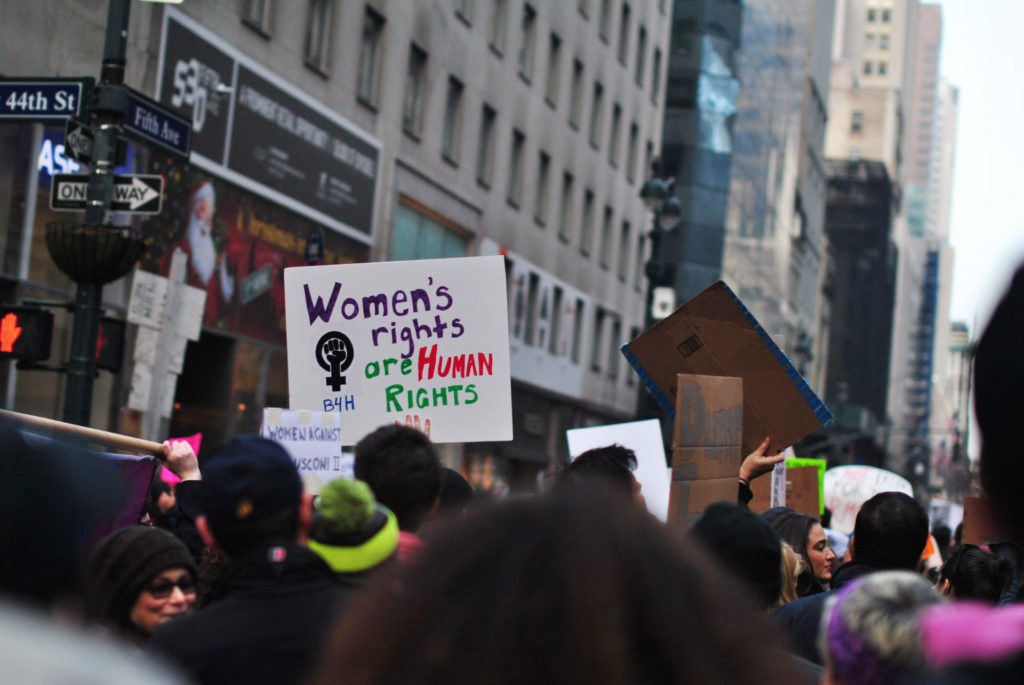Over 110 Members of the European Parliament pressured the European Union to recognise the Istanbul Convention on Combating Violence against Women and Domestic Violence on Friday, and to make violence against women a crime.
The Istanbul Convention is the world’s first joint binding effort to fight and prevent violence against women, ranging from marital rape to domestic violence and female genital mutilation. The convention was initiated by the Council of Europe in 2011.
In total, 118 MEPs signed an open letter addressed to the Presidents of the European Commission (Ursula von der Leyen) and the European Council (Charles Michel). The letter was initiated by MEPs Milan Brglez and Predrag Fred Matic.
“If 1 in 5 women have already suffered physical or sexual violence in the European Union and 55% of women have been sexually harassed, this is clearly not a women’s issue.”
MEPs propose to add “violence against women to the list of EU crimes” and to focus “on eliminating gender-based violence”.
Ratification of the convention could be a “moment of historic prominence” in the “fight against gender-based violence in the EU”, the MEPs write.
If the Istanbul Convention is ratified, its contents will be made legally binding for all Member States.
“We encourage a unified approach by the Commission and the Council in addressing violence against women with the concrete aim of ratification of the Istanbul Convention by the #EU,” Brglez tweeted.
In July, Poland announced that it would move to withdraw from the convention, calling it “harmful”. Instead, Warsaw will look to replace the convention with a ‘Family Rights’-treaty.
The treaty has been criticised for seeking to “boost the rights of ‘traditional families’ at the expense of sexual minorities” and women’s rights.
Amée Zoutberg
The Brussels Times

